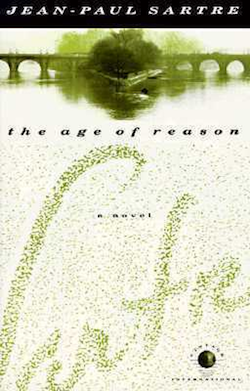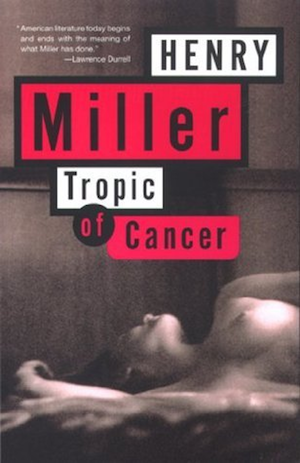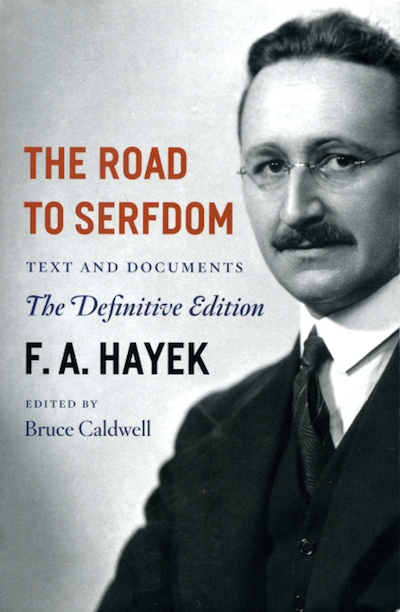The 1945 novel by philosopher and novelist Jean-Paul Sartre is the first part of the trilogy The Roads to Freedom.
The novel, set in 1938 Bohemian Paris just before the onset of World War II, concerned itself with Sartre's conception of freedom as the ultimate aim of human existence, illustrating the existentialist notion of ultimate freedom through a presentation of the the books main characters' mental states as political, societal and economic systems were undergoing upheaval. The narratives espouse Sartre's views on freedom of expression and thought and how those functions align within the framework of society.
The novel is a fictional reprise of some of the main themes in Sartre's major philosophical work, Being and Nothingness (1943).
First published in France in 1934, but banned in the United States until its publication in 1961 in the United States by Grove Press led to obscenity trials that tested American laws on pornography in the early 1960s. In 1964, the U.S. Supreme Court declared the book non-obscene.
Miller's novel is sexually graphic and was considered quite risque during the late Depression and World War II years in America. Sexual repression was widespread because of the influence of the churches, mostly Catholic denial of the senses and Baptist stoicism.
The book is partly auto-biographical, written during Miller's nomadic period of wandering and seeking in France during the early 1930s.
It is considered a classic work of Western literature and one of the more profound statements of sexual freedom that preceded - and some say caused - the American sexual revolution of the 1960s.
The Road to Serfdom (German: Der Weg zur Knechtschaft) is a classic work of economics by Austrian-British economist and philosopher Friedrich von Hayek who warned of "the danger of tyranny that inevitably results from government control of economic decision-making through central planning." Hayek further argues that the abandonment of individualism and classical liberalism inevitably leads to a loss of freedom, the creation of an oppressive society, tyranny, and a slavish state of affairs for the populace.
Since its publication in 1944, The Road to Serfdom has been popular among liberal and conservative thinkers alike. First published in Britain by Routledge in March 1944, during World War II, it found an accepting audience and was subsequently published in the United States by the University of Chicago Press in September 1944, achieving greater popularity. Editor Max Eastman of Reader's Digest published an abridged version in April 1945, enabling Hayek to reach an audience outside academia.
Hayek's title was probably inspired by the writings of 19th century Frenchman, Alexis de Tocqueville on the "road to servitude". The London School of Economics, where Hayek worked at the time, offered the ideal background for Hayek's exposition into economic and political debate.
Published in 2007, "The Definitive Edition" includes extensive background and historical information and critiques on Hayek's seminal production.
 The Age of Reason by Jean Paul Sartre
The Age of Reason by Jean Paul Sartre
 Tropic of Cancer by Henry Miller
Tropic of Cancer by Henry Miller
 The Road to Serfdom by Friedrich von Hayek
The Road to Serfdom by Friedrich von Hayek
|
|||
| search engine by freefind |
Your ad could be in the next issue of idleguy.com for as little as $6 per month. Contact Fearless Rick using the form on page 12 for more information.